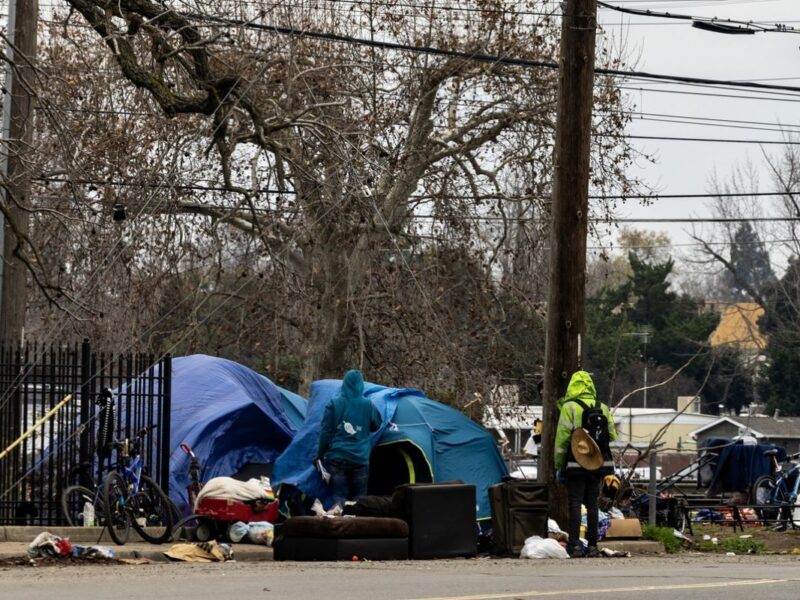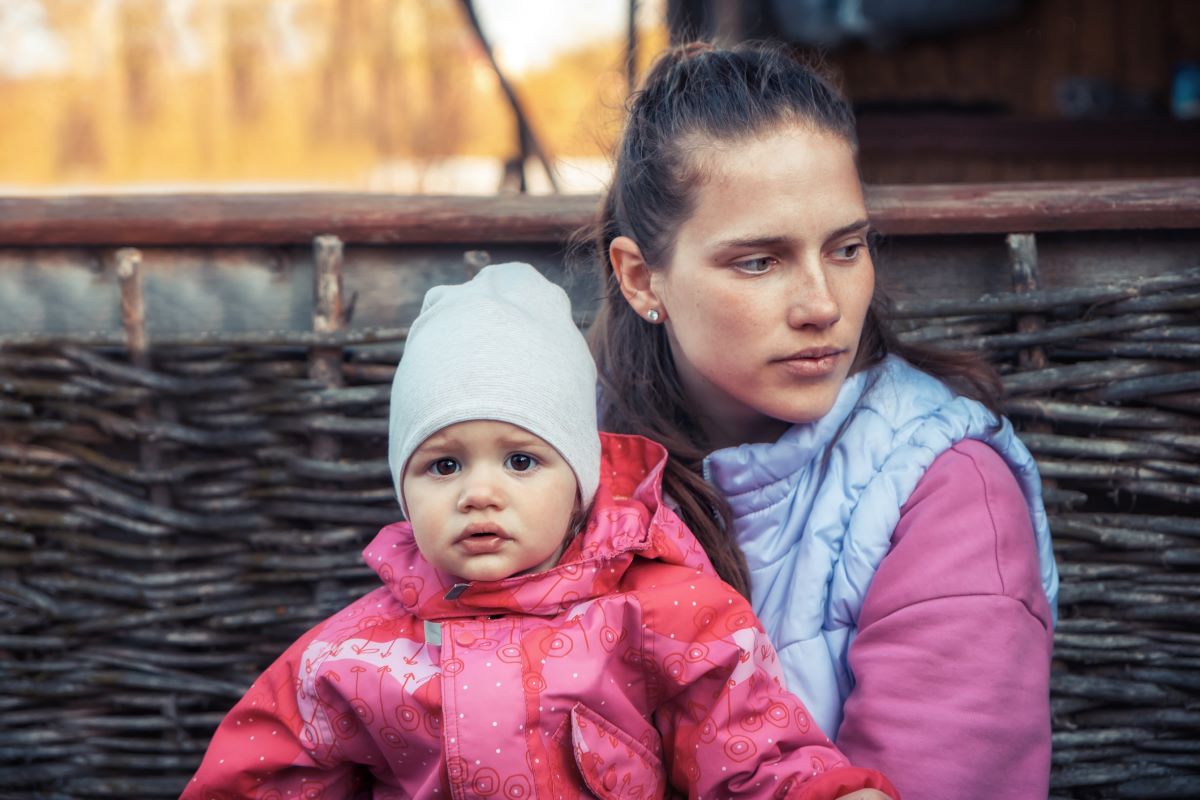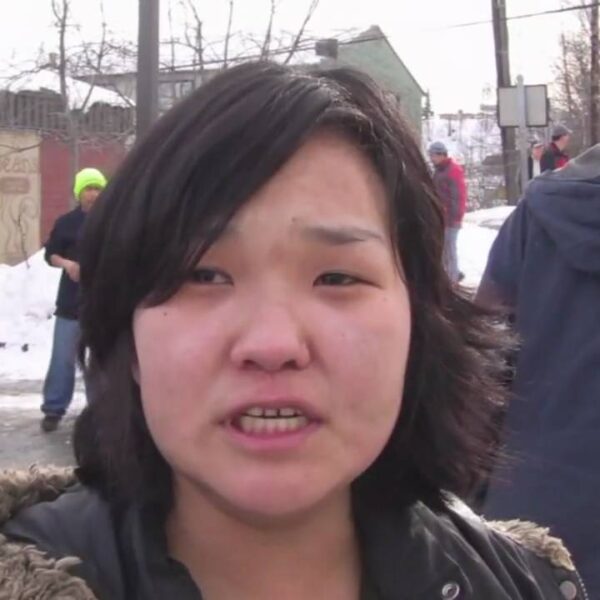Some chief economists believe America is on the brink of yet another recession. Others are uncertain. One thing they can be sure of, however, is that the 2009 recession saw a massive surge in family homelessness.
Are we doomed to repeat the cycle if the US enters another recession in the near future?
Dark Days Ahead: A Look at the Possible Pending Recession
A recession is “a significant, widespread, and prolonged downturn in economic activity.” Marked by a negative GDP and an uptick in unemployment, among other unfavorable conditions, a recession can leave a lasting stain on the quality of life nationwide, hitting Americans right where it hurts – their pockets.
To qualify as a recession, the gross domestic product must remain in the negative for at least two consecutive quarters. This is important because the US GDP has already been in the red for three, and most recessions are not properly identified until they have dissipated, which adds to the confusion.
According to Bloomberg, Goldman Sachs economists project there is a one in four chance that the American economy will enter a recession at some point in 2023. Others, like the Wise Investor Group of Raymond James, claim the odds are closer to one in two, an economic coin toss.
Regardless of what the future holds, most experts concur that the nation is not currently in a recession. This conclusion is rooted in the fact that unemployment is low.
However, it should be noted that most occupations on the market pay less than $20 per hour. At the same time, the average US worker would need to make more than $25 per hour to comfortably afford a two-bedroom apartment without experiencing the hardship of rent burden.
This is a point of contention rarely brought up in mainstream media but deserving of attention nonetheless.
Increase in Family Homelessness is One of the Most Devastating Impacts a Recession Can Create
The Great Recession of 2008 had a devastating aftereffect for families. Put simply, it drove many of them into the desolate state of homelessness.
Here’s a look at those numbers provided by the Center on Budget and Policy Priorities.
- Family homelessness increased by an astonishing 58% in Louisville as a direct result of the Great Recession
- The number of homeless families receiving welfare assistance spiked by 12% in Los Angeles County
- The number of families entering the New York City shelter system skyrocketed by 40%
- Massachusetts showed a 32% increase in homeless families applying for emergency shelter space
- In Hennepin County, Minnesota, the increase was estimated at 20%
- Nationwide, cities grappled with providing shelter beds, homeless services, and assistance for the growing number of families with children experiencing homelessness
Forging a Future Based on Knowledge from the Past
Historical data suggests that family homelessness will increase wittingly or retrospectively if the US enters another recession. Since there is no hard and fast rule on what constitutes a recession, experts claim the future and, to a lesser extent, the present state of the economy is unclear.
What we know for certain is that the GDP already declined for three consecutive quarters. Other issues like stagnant wages, high rates of inflation, and astronomical rent hikes persist today.
Armed with the information at hand, we should move toward preventing any further influx in family homelessness with the potential for a recession in mind. As of late, families with children account for at least 30% of the overall homeless population. This number is likely much higher since post-pandemic homelessness is mainly emerging in the form of sofa surfing. In many cases, homeless families are too hidden to be included in the data.
Family Homelessness Leaves a Painful Legacy of Lifelong Trauma for Children and Parents Alike
All forms of homelessness are traumatic, but family homelessness is particularly distressing for children. School records indicate that millions of children endure homelessness each year, from school-aged children to those under the age of six.
Young adults under the age of 25 are also at a high risk of falling into homelessness. The latest numbers suggest about 3.5 million of them do so every year. As a direct result of these circumstances, houseless children are statistically more likely to experience all of the following adversities:
- Hunger
- Instability
- Lack of access to healthcare
- Lack of access to transportation
- Violence due to the vulnerability of their position
- Interruptions in education, some of which are indefinite, i.e., dropping out of school completely
- Separation from parents, a traumatic event that often leads to a lifetime of psychological anguish and increases the chances that these same children will become homeless in adulthood
Talk to Your State Representatives About Preventing Homelessness Before a Possible Recession Takes Hold
The US economy has been through many ups and downs, including 13 economic recessions since the Second World War. It is safe to conclude that if not now, the conditions for a recession will eventually be met, and widespread family homelessness will inevitably ensue.
Even without a recession, the fact that millions of children are thrust into homelessness annually in an industrialized nation like ours is unacceptable. Please take a moment to ask your state representatives what they’re doing to prevent the vicious cycle of family homelessness we continue to witness in the United States.













